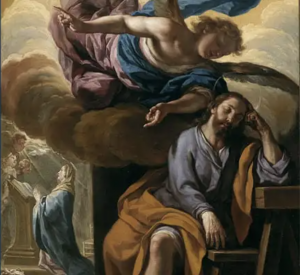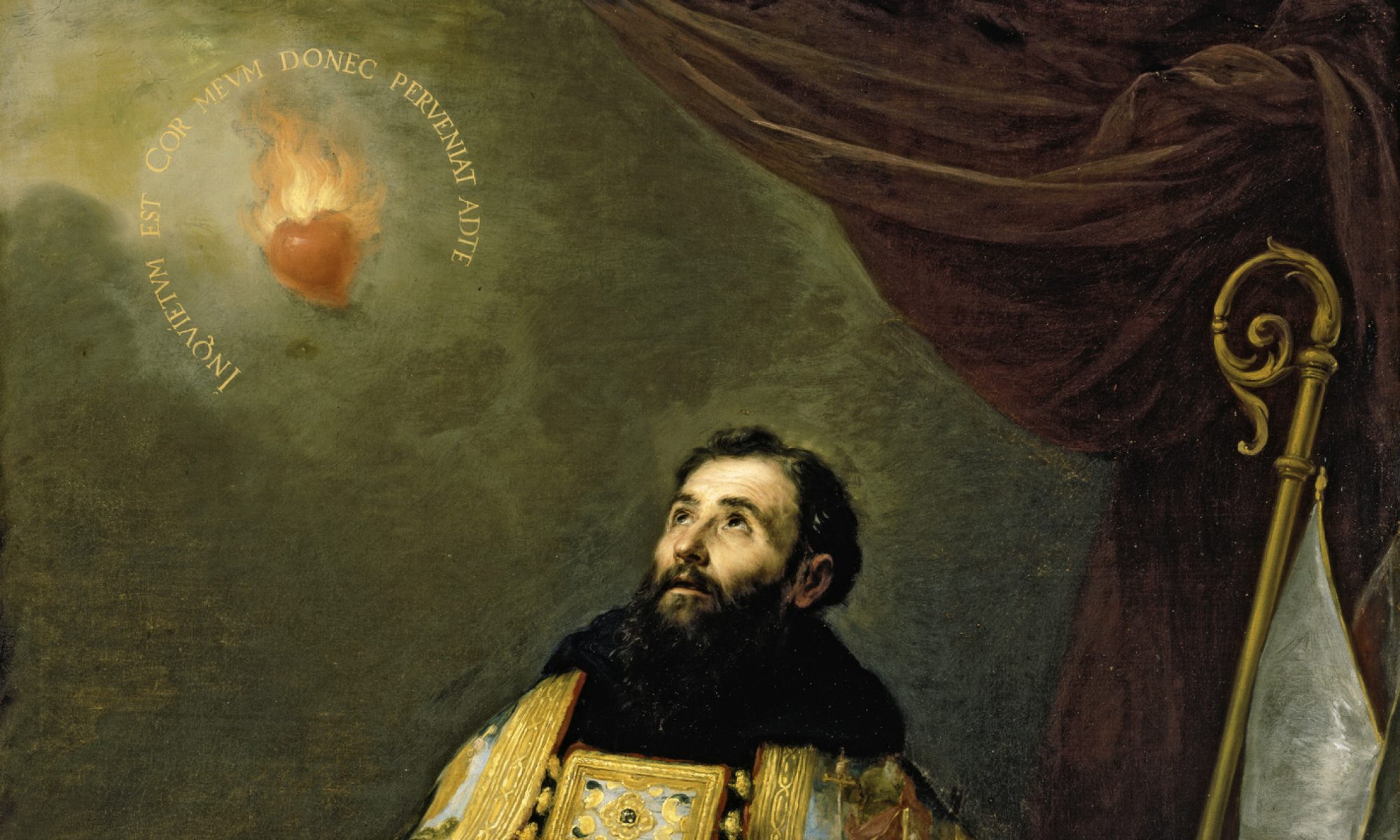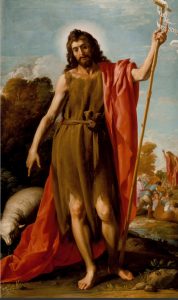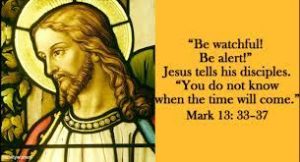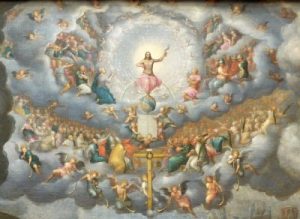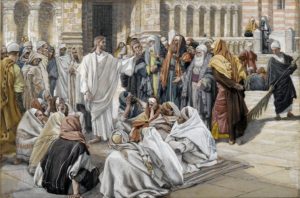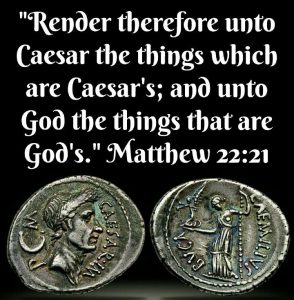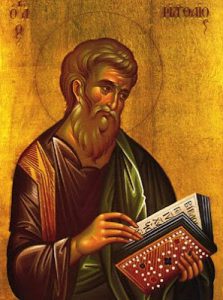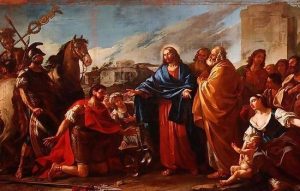We are celebrating the Vigil of the Nativity. Tomorrow there will be another mass at 9 in the morning, where we will be offering the High Mass liturgy on the solemnity of the birth of our Savior. I have prepared my Christmas message 2023 for you, so please don’t forget to take a copy with you.
I guess everyone was caught by surprise on December 18, 2023, with a document titled, Fiducia Supplicans, approved by Pope Francis. I am still waiting for concrete directions and protocols from the USCCB. The only issued statement coming from USCCB is that, “Everyone needs love and healing.”
I would like to give some personal comments regarding this document, Fiducia Supplicans. In the document, it says that everyone could seek God’s blessings, even people of same-sex, and not the marriage or union. It recognizes that persons in problematic and difficult situations, like divorced couples, persons living as spouses without the benefit of marriage, same-sex couples, convicts, and persons detained on charges of serious crimes may ask for blessings. I repeat, what is true, however, is that persons in same-sex unions may request for a blessing, not of their union, but of themselves. Thus, to refuse them a blessing when they sincerely ask for it would be arrogance and insensitivity which is contrary to the Gospel.
Remember in the gospel, Jesus always welcomes sinners to repentance. Luke 5:32, Jesus comes to save the sinners and not the righteous. It is necessary, however, that the blessing so imparted does not require formal ritual blessing as to the same sex marriage; it is not dispensing to them the Sacrament of Marriage, per se. It may not take place in the context of the liturgical activity, with many people in attendance, especially not in the context of the celebration of the mass. We should not be confused in respect to the true teaching and discipline of the Catholic Church. I hope that I have shared with you enough enlightenment on a personal level. But as I have said, we will wait for more substantive guidance from the wisdom and discernment of our beloved American Bishops. Recommendations: Read the full document, pray, and reflect. Be wary of the social media and other comments even those priests who criticize the pope.
The epistle today comes from the letter of St. Paul to the Romans. St. Paul explains more about the promise of God’s son: He was born of David’s seed according to the flesh but appointed Son of God in power according to the Holy Spirit by resurrection from the dead, so that he is now Jesus Christ our Lord (vv3-4). I do understand that St. Paul discovered his calling to be a faithful apostle through the Lord’s resurrection and then powerfully was dispatched to preach Jesus’ gospel. This calling of St. Paul is also the same calling we need to fulfill and to accomplish as our mission.
Today’s gospel taken from Matthew portrays Jesus whose Jewish identity is beyond doubt. It is within the context that Joseph mentions in this gospel Jesus’ birth. Joseph makes an important impact on the Jewish tradition, a tradition that was all about keeping the law to live according to God’s plan. We heard the following events:
First, the formal engagement to Mary after Joseph discovers that she is pregnant. Joseph knows the baby is not his, and he was in pain knowing Mary’s situation which according to Jewish law would find Mary guilty of adultery, an act that is punishable by death. However, Joseph rescued Mary after he received the message from an Angel.
Second, Joseph is a righteous man who understands the consequence of his action towards Mary. It is through a dream that God reaches out and grasps this righteous man.
Third, it is striking to hear this scripture passage saying, “Do not be afraid to take Mary as your wife.” (Mt.1:19) The angel is inviting Joseph to forsake all that knowledge and understanding to participate in the program of God’s salvation for us.
I believe that we are all a little like Joseph because we have our own ways of dealing with personal, spiritual, and professional matters, and our unique way of going through this demanding season of the year. Perhaps there is a voice we’re already dimly aware of asking us to go beyond our own limitations in order to surrender more fully to God and to assist in the welcoming of a holy child, called Emmanuel; “God is with us” in our own lives and in the life of the Church and in the world.
In today’s Vigil of the Birth of our Lord, let us return to light and take a leap of action to draw us nearer to something we do not fully understand.
God bless you.
Fr. Arlon, osa
